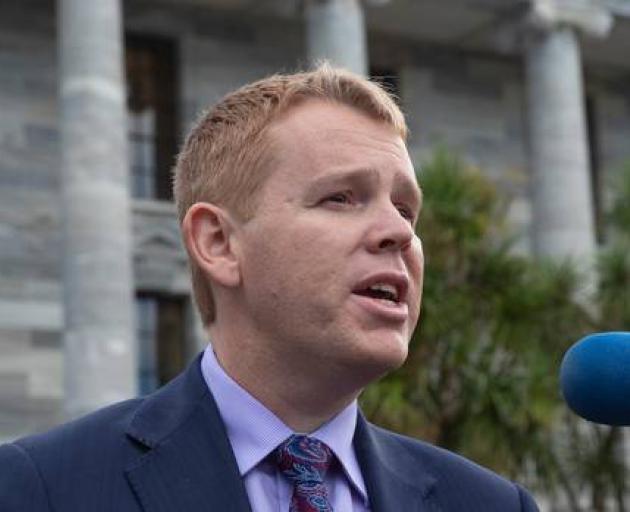
Government Response To Tomorrow's Schools Taskforce Report:
- Restructured Ministry of Education, establishment of "Education Service Agency'' to help regions
- "Leadership Advisors'' to help school principals and boards of trustees
- ESA to take responsibility for buildings and maintenance from boards
- Boards remain employers of school staff, but national criteria set to become a principal
Education Minister Chris Hipkins today released the Government's response to the taskforce review it commissioned on the Tomorrow's Schools system.
Mr Hipkins said that review, released in July, said there was a "clear case for change'' and the Government agreed: "the proposed approach will make progress on the underlying intent of nearly all of the taskforce proposals.''
However, the Government pulled back from some of the taskforce's more wide-ranging proposals for restructuring the function education agencies and changing the roles and responsibilities of boards of trustees and principals.
"We believe that the scale of structural change proposed by the Taskforce would be too disruptive and a distraction from dealing with the issues facing our learners, teachers and school leaders,'' Mr Hipkins said.
"Instead, we think that the intent of the Taskforce's recommendations can be achieved through changes to our existing structures, including the establishment of an Education Service Agency within the Ministry of Education.''
The proposed new agency's role would be to provide responsive, accessible and integrated support to teachers, families and local communities, the report said.
The Ministry would retain responsibility for national issues, with the agency working on a regional and local basis, including management of school enrolment schemes.
"We consider that these structural proposals are critical for shifting behaviour, including the rebuilding of trust and relationships and fostering greater collaboration across the system,'' the report said.
The Government rejected a taskforce recommendation to give the Education Review Office scope to look at system-wide issues rather than report on individual schools, saying its current role provided valuable information for schools, families and communities.
The report called for greater support for principals and school leaders, including a greater role for the Teaching Council in setting standards for teachers, establishing "leadership advisors'' to assist principals and boards of trustees, and establishing minimum criteria to become a principal.
Criteria would be set by the Government, although individual boards would be able to set school-specific criteria.
Current principals who did not meet the criteria would be given time to upskill to meet them, the report said.
Boards of trustees would retain their legal status and remain the employer of principals and all school staff.
However, the Government also planned to reduce some of their responsibilities, removing their responsibility for building management and maintenance and centralising capital works within the Ministry.
Some boards had done this well, but others had lacked the necessary skills, the report said.
"There is now too much variability in the condition of schools and how well they are maintained, and not all of our young people have access to quality learning environments.''
Mr Hipkins said not all change would be immediate, with further policy design work needed in some areas.
"The Government will need to consider funding implications over the next three to four Budgets.''
However, "pragmatic and workable improvements'' to help support students and schools could come sooner.
"The support and services some schools rely on, including from each other, has been variable, and the ability to intervene early on when a school is struggling has been limited.
"These changes will influence how the Government's annual $9.5 billion schooling budget is spent so that all schools will be better-placed to succeed, with better targeted and earlier support provided at many different levels, stronger leadership support structures,
More collaboration between schools and a reset of the relationship between schools and the Ministry.''












